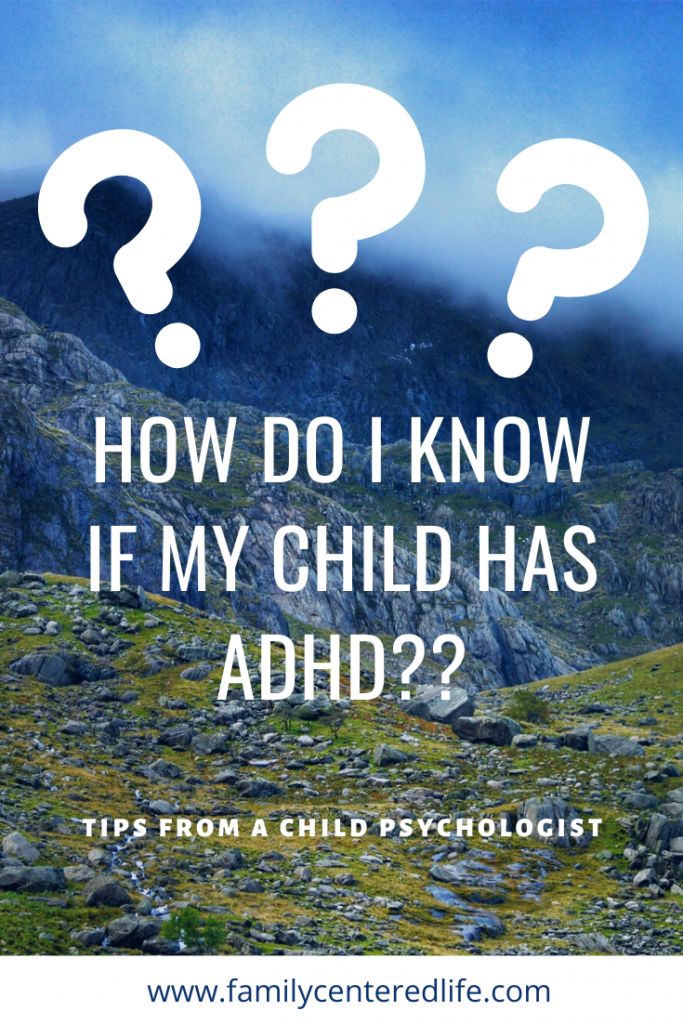
How Do I Know If It’s an Attention Disorder??
As a clinical psychologist with fifteen years of experience and seven kids, I have a massive amount of experience dealing with children!! All of my education, training and real-life experience as a parent is all in addition to having a child of my own that struggles with an attention disorder.
I chose to get into the mental health field to help people. My education and practical experience make me the best person to be guiding others on better ways to manage their children and manage their stress–especially when it comes to ADHD!!



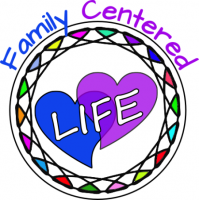
My Mental Health Practice
I work with kids all day, every day, and have for well over a decade at my practice, Luzio & Associates Behavioral Services, in Evansville, Indiana.
I often hear:
- Does my child have ADHD?
- What’s wrong with my child?
- Is my child just “bad”?
- Is my child’s teacher too strict?
- Why do I have to repeat myself so many times?
- and on and on and on!
There are many checklists online and other non-clinical ways that parents and teachers “diagnosis” children with an attention disorder. However, how do you know if your child is truly experiencing attention difficulties that qualify for the criteria of an attention disorder?
Let me give you some additional information on ADHD symptoms, diagnoses, and more!
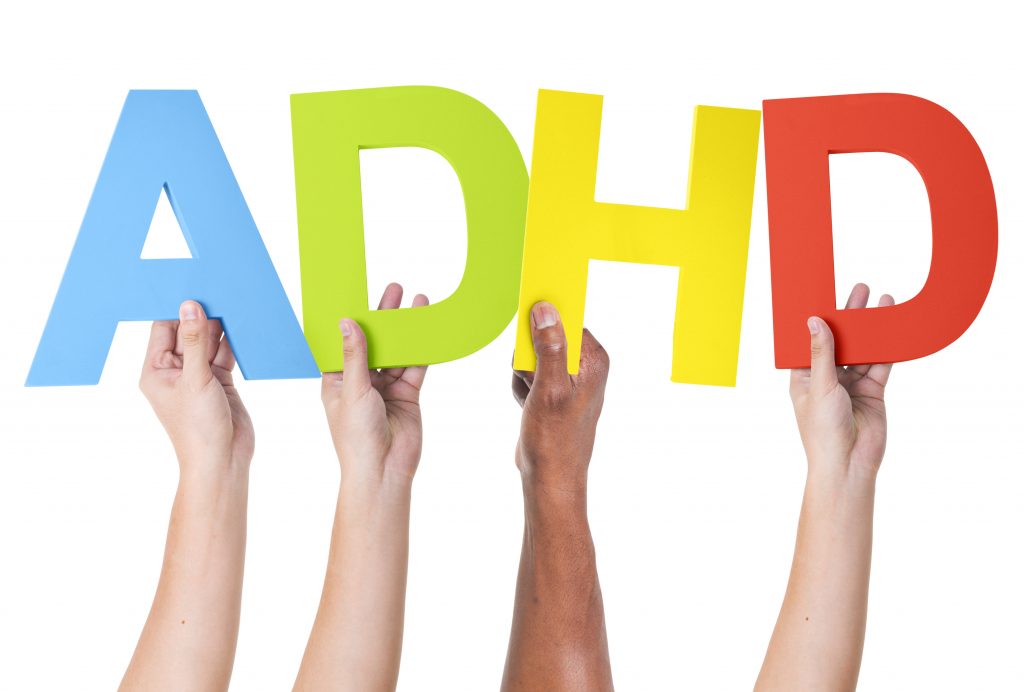

Everyone Has Attention Difficulties Sometimes
First, everyone experiences attention difficulties at times. Maybe you didn’t get enough sleep? Maybe you are not interested in the topic the other person is talking about? No one can give their complete attention and focus to something 100% of the time. That is just a normal part of being human.
An attention disorder is a significant difficulty with attention and focus that interferes drastically with a person’s life.
Attention disorders can look different from child to child. Some children with an attention disorder can sit quietly in class, earn good grades, and simply not pay attention to anything or anyone around them. Other children may run around the classroom, throw chairs at the teacher, and earn poor grades. However, most children with an attention disorder fall somewhere in between those two examples.


Diagnostic Criteria
The Diagnostic and Statistical Manual of Mental Disorders, fifth edition (DSM-5) (American Psychiatric Association, 2013) is the handbook utilized by mental health and healthcare professionals to diagnose mental disorders.

This handbook describes the criteria necessary to make a diagnosis of all mental health disorders. The DSM-5 criteria for Attention-Deficit/Hyperactivity Disorder (ADHD) include the individual having a persistent pattern of inattention and/or hyperactivity/impulsivity that interferes with functioning or development.
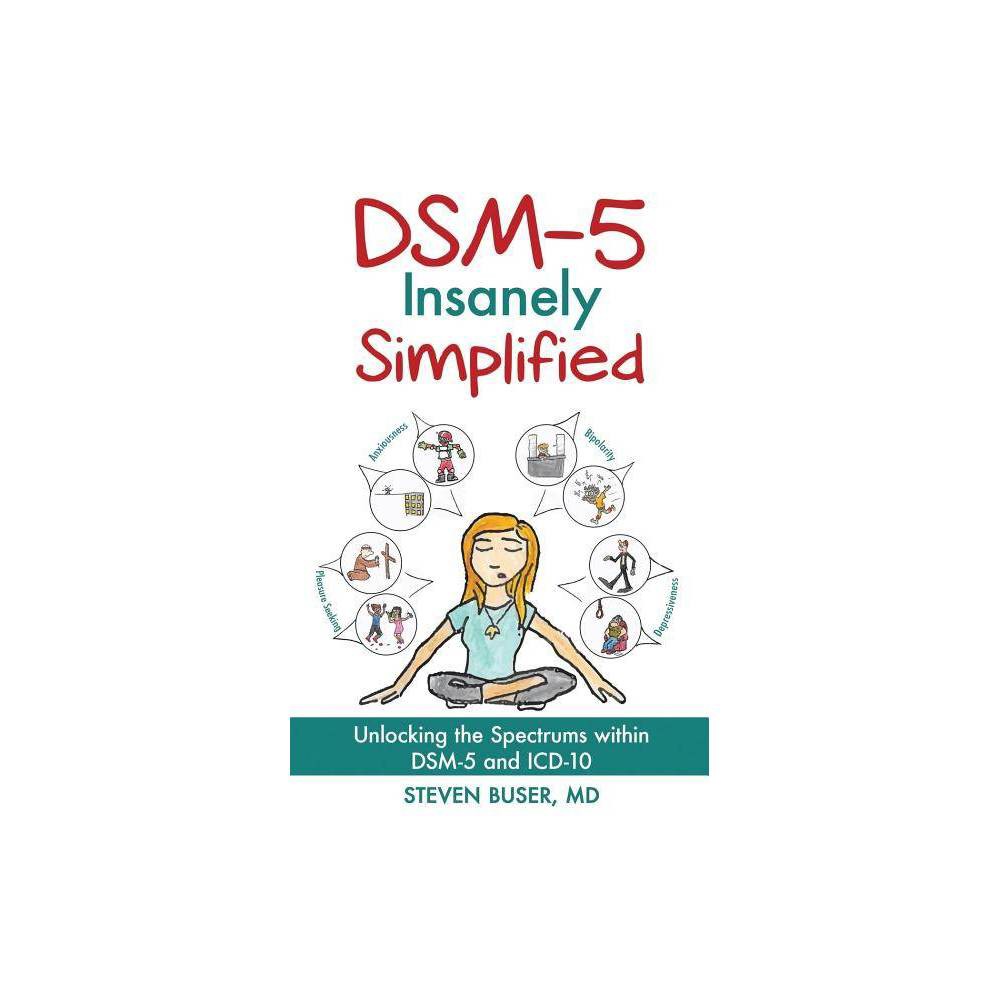

The DSM-5 criteria for ADHD specifically state the following must be present to make a diagnosis of an attention disorder.
Inattention
Inattention: Six or more symptoms of inattention for children age sixteen or younger and five or more for individuals seventeen and older. Symptoms of inattention have been present for at least 6 months and must be inappropriate for developmental level. The child often:
- Makes careless mistakes or does not pay attention to detail
- Has trouble sustaining attention
- Does not seem to listen when directly spoken to
- Does not follow through on instructions or directions
- Is unorganized
- Avoids or dislikes tasks that require sustained mental effort
- Loses important possessions
- Easily distracted
- Forgetful
Hyperactive and Impulsive
Hyperactivity and Impulsivity: Six or more symptoms of hyperactivity-impulsivity for children age sixteen or younger and five or more for individuals seventeen and older. Symptoms of hyperactivity-impulsivity must present for at least 6 months to an extent that is disruptive and inappropriate for the developmental level. The child often:
- Fidgets or squirms
- Leaves his/her seat when expected to remain seated
- Runs about or climbs in situations where it is not appropriate
- Is Unable to play quietly.
- “On the go” or “driven by a motor”
- Talks excessively
- Blurts out an answer before questions are finished
- Has trouble waiting for his or her turn
- Interrupts or intrudes on other’s conversations

Keep In Mind
You may be able to check off many or most of these behaviors for your child (or yourself), but other criteria must be met in addition to the symptoms being present. These criteria include:
- Several inattentive or hyperactive-impulsive symptoms were present before age 12
- Several symptoms are present in two or more settings (ex. home, school, work, social relationships, and extracurricular activities)
- There is clear evidence that the symptoms interfere with or reduce the quality of life and/or functioning
- The symptoms are not better explained by another mental disorder

More Than Just a Checklist
One key point in the diagnosis of ADHD boils down to the child having the symptoms but clarifying there is not a better explanation for the symptoms. Are the attention difficulties better explained by a change, such as a parent moving out of the home, the child changing schools, or a grandparent passing away? Could the symptoms be caused by the child experiencing anxiety and/or depression since attention difficulties and poor concentration can be characteristics of depression and anxiety? Could the child have a lower level of intellectual functioning? Is there a food allergy causing them to appear hyperactive?
All of these are reasons why it is so very important to consider other factors that may be impacting a child, not just how many behaviors can be checked off a list.
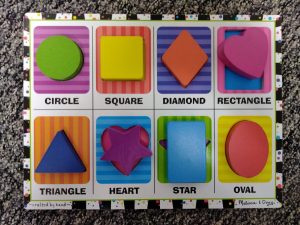

The Importance of Testing
Psychological testing is a great way to help determine whether an attention disorder is truly present. The evaluation process assesses several factors that may be impacting the child’s ability to pay attention, including those discussed above. Testing allows the psychologist to compare the child’s attention span to other children the same age, as well as to the child’s own abilities, strengths, and weaknesses.
If you are concerned about your child possibly having an attention disorder, a good place to start is to contact your child’s primary care physician or a local clinical psychologist that tests for ADHD.
You should also talk with your child’s teacher to determine if the teacher is seeing similar difficulties at school, such as those you are seeing at home. This is good information to share with your physician or psychologist. Additionally, therapy may be beneficial to help reduce the struggles the child is experiencing, whether or not an attention disorder is diagnosed.
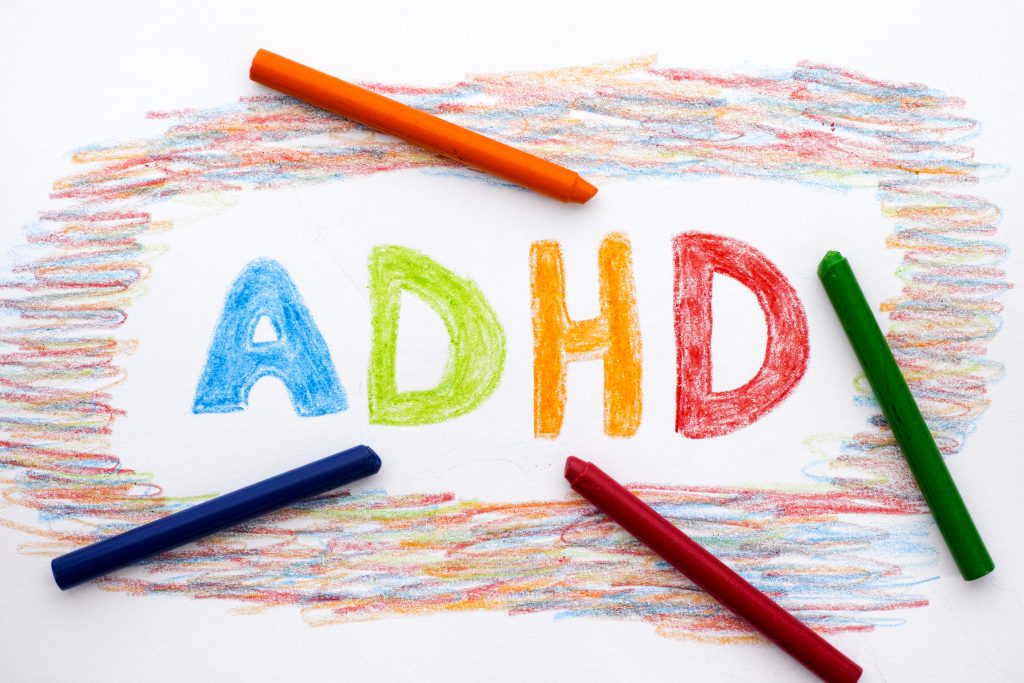

Treatment
If an attention disorder is diagnosed, then treatment plans can be established with the child’s primary care physician and therapist to determine the best course of action. Many children benefit from a combination of medication and therapy. The medication assists with focusing attention and therapy help to teach ways to improve attention and focus. Therapy can also help to decrease any behavior problems that may be present. Parents may also want to contact the child’s school if an attention disorder is diagnosed to put an Individualized Education Program (IEP) or 504 Plan into action.



TAKEAWAYS:
- An ADHD diagnosis is not as simple as a checklist.
- Consult your primary care physician and/or a local psychologist if you have concerns about your child (or yourself) possibly having an attention disorder.
- Therapy can be beneficial to help your child deal with his or her current problems, whether or not the child is diagnosed with an attention disorder.
- If the child is diagnosed with an attention disorder a combination of medication and therapy is likely to be beneficial, as well as contacting your child’s school about a 504 Plan or IEP. Check out this link for more information!
- Read as much information as you can about ways to help you and your child deal with these struggles.
Check out this free download for IEP and 5o4 tips!
Often when a child is experiencing attention difficulties and impulsivity struggles, behavioral problems are common and parenting stress is likely to be high!
Check out the updated version of my book to learn additional strategies to make life easier and more enjoyable by decreasing your parenting stress and increasing the enjoyment you have in life!

Citations:
American Psychiatric Association. (2013). Diagnostic and statistical manual of mental disorders (5th ed.). Arlington, VA: Author.
Links for additional information:
https://www.greatschools.org/gk/articles/what-is-an-iep/
https://www.understood.org/en/school-learning/special-services/504-plan/understanding-504-plans


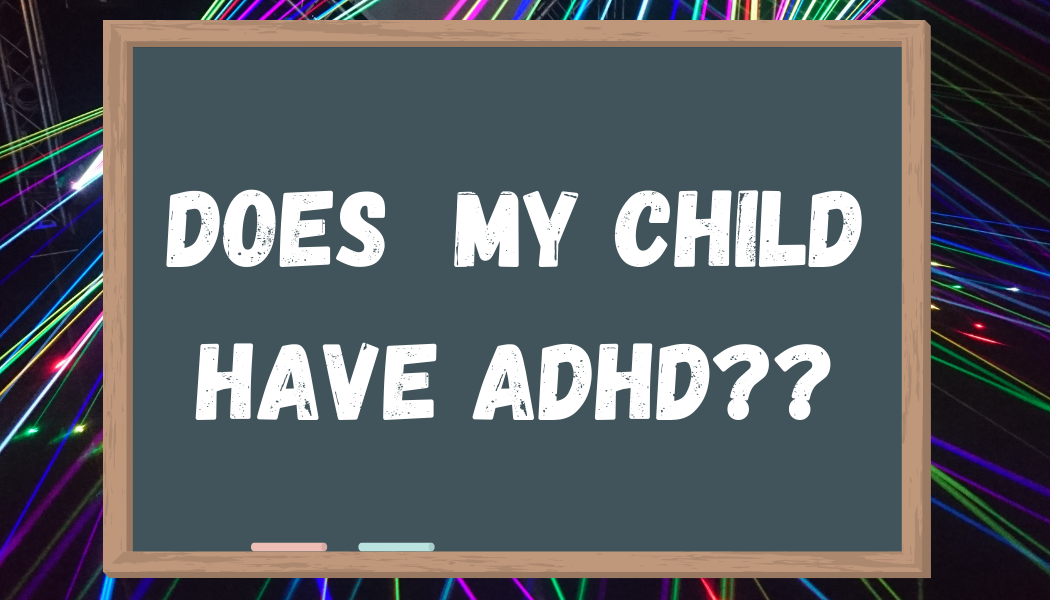
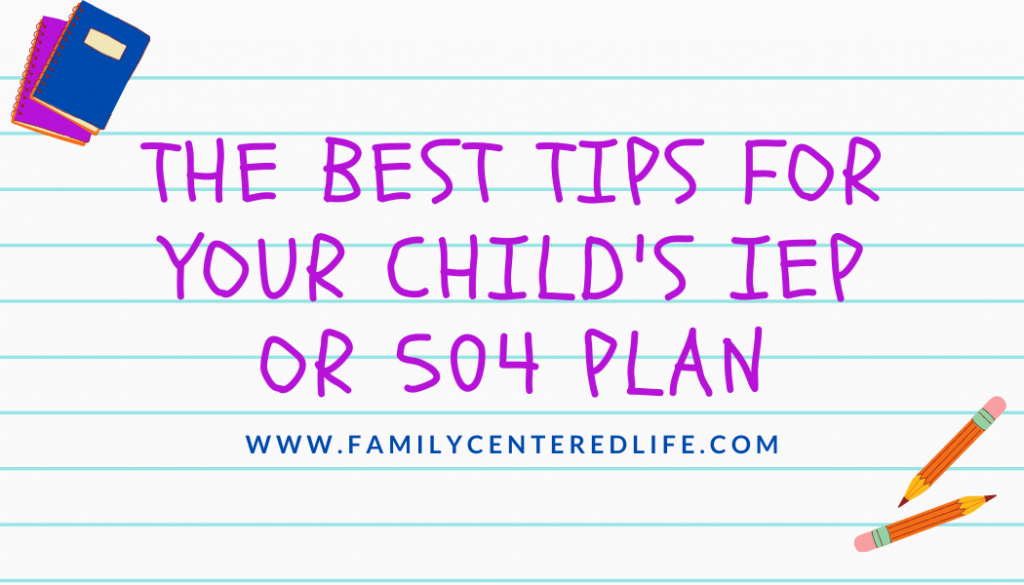
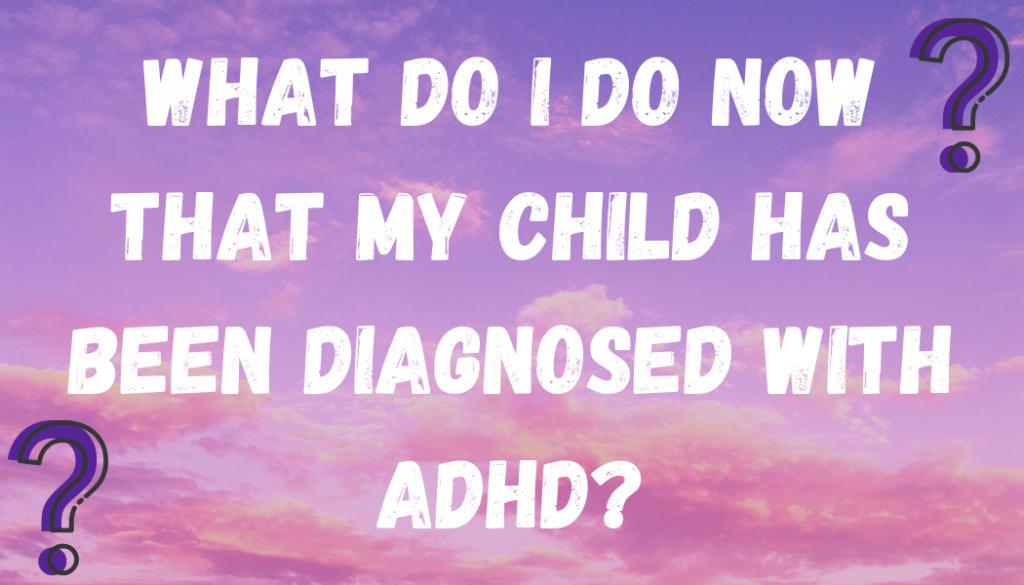
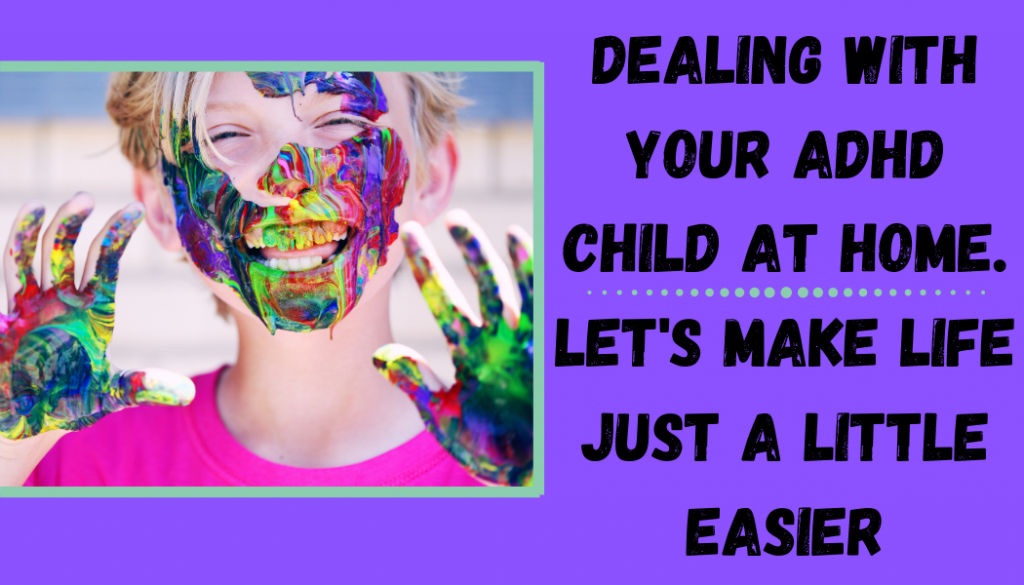

This is a great article! My husband has ADHD so I’m on the lookout for it in my children.